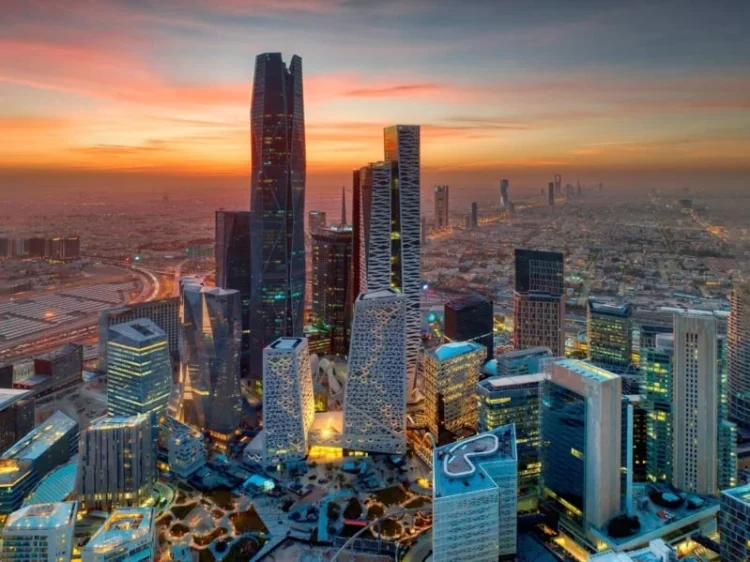Publisher: Maaal International Media Company
License: 465734
IMF: Reforms under Saudi Vision 2030 are progressing
The International Monetary Fund monitored five indicators under Vision 2030, confirming that these indicators have approached or exceeded targets, while others continue to move in the right direction toward achieving the goals.
According to the report issued after Article IV consultations with the Kingdom, non-oil government revenues in 2016, the baseline scenario, reached SAR 186 billion, while they rose to SAR 502 billion in 2024, reflecting the success of policies to diversify sources of income and reduce dependence on oil. Home ownership also increased from 47% in 2016 and last year to 65.4%, approaching the target of 70% by 2030.
The percentage of loans provided to small and medium-sized enterprises (SMEs) in the baseline scenario for 2016 was 2%, and by 2024 it reached 9.40%, with the goal of reaching 20% by 2030.
اقرأ المزيد
In the tourism sector, the number of tourists in 2016 reached approximately 63.08 million, compared to 115.9 million last year. However, the target for 2030 is 150 million. It’s worth noting that the Kingdom succeeded in achieving the target of 100 million tourists seven years ahead of schedule, which contributed to raising the target to 150 million tourists by 2030.
Regarding the rate of women’s participation in the labor market, the baseline scenario was 19.3% in 2016, but it jumped to 35.85% in 2024, very close to the 2030 target of 40%. The indicator of women’s participation in the labor market is one of the most prominent indicators included in the Vision document, which at the time aimed to raise women’s participation to 30% by 2030. With the implementation of reforms, women’s participation in the labor market increased, achieving the target ten years ahead of schedule in 2020, prompting an increase from 30% to 40% by 2030.
These indicators demonstrate that the Kingdom is not only on track to achieve the goals of Vision 2030, but in some areas, it has even reached the finish line early, reflecting the strength of the reforms. The Executive Directors of the International Monetary Fund (IMF) expressed their agreement with the Fund’s staff assessment of the Saudi economy and commended its strong performance despite heightened global uncertainty and external shocks, thanks to the reforms underway under the Kingdom’s Vision 2030 to diversify the economy. They welcomed the strength of non-oil economic activity, the decline in inflation, and the decline in unemployment to unprecedented levels. According to the statement issued by the IMF Executive Board on the conclusion of the 2025 Article IV consultation with Saudi Arabia, the Directors commended the impressive structural reforms undertaken since 2016 and emphasized the importance of maintaining the reform momentum regardless of oil price developments. They particularly welcomed the improvements in the regulatory and business environment, human capital, women’s labor force participation, and governance.








